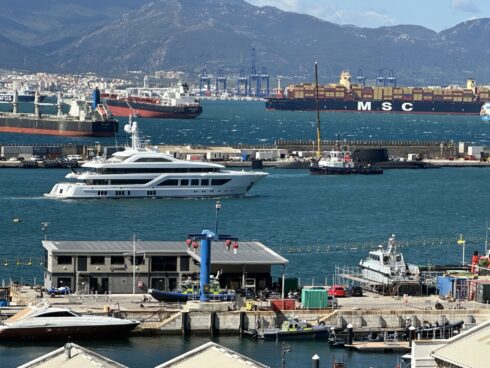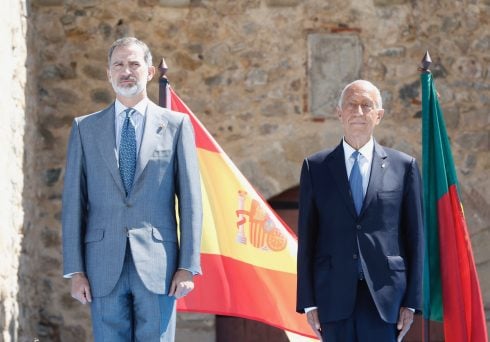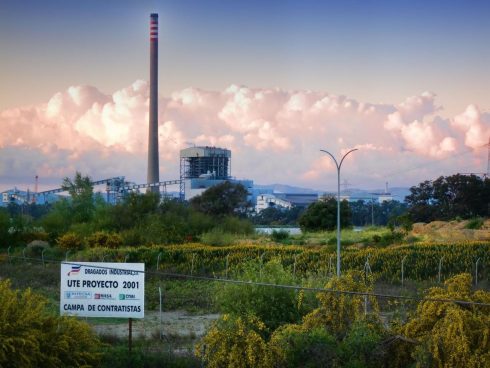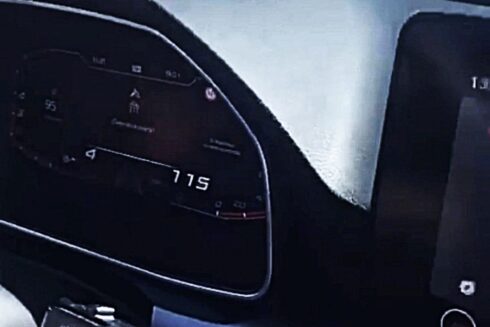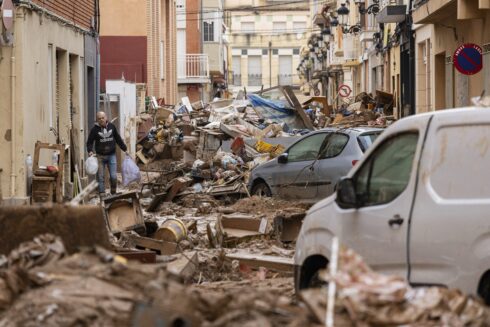IT didn’t take long for the Costa del Sol’s criminal underworld to rear its ugly head once Spain began exiting the coronavirus lockdown.
For it wouldn’t be a Marbella summer without brawls, shootings and burning beach clubs – all of which have made a swift comeback.
It all kicked off on May 18, when Malaga entered Phase 1 of the de-escalation process, allowing for bars to re-open.
Within hours a group of British expats – fuelled by cocaine and booze – began a brawl at the popular Steve’s Bar in Mijas.
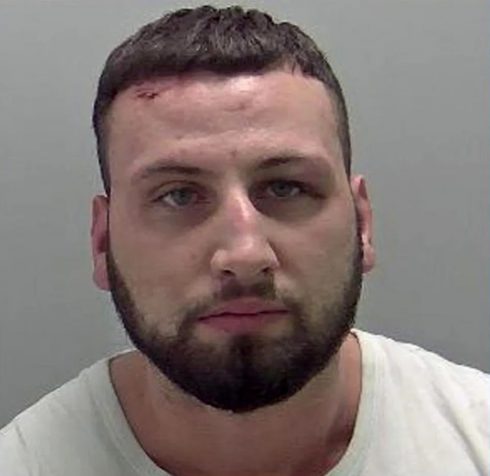
Around 12 people were said to be involved in the chaos, which seems to have erupted out of thin air, resulting in a stabbing which left a man lying on the floor ‘with his guts hanging out.’
Six Brits were arrested for their part in the fight, with one being an alleged wanted cocaine dealer – Zathon Dale Williams.
Warwickshire Police had put out an appeal for information on the runaway Brit, 28, who fled a trial in the UK. He was due to appear in Warwick Magistrates Court in September for allegedly helping deal cocaine, but failed to show.
The following night, a more sophisticated plot was unfolding some 30 minutes up the road in Marbella.
Operating under the cloak of darkness, arsonists set fire to the popular Nao pool club in Nueva Andalucia – on the eve of its planned re-opening.
By 2am, the flames could be seen from miles around and although only the exterior was damaged, it’s fair to say the owner got the message – whatever that may have been.
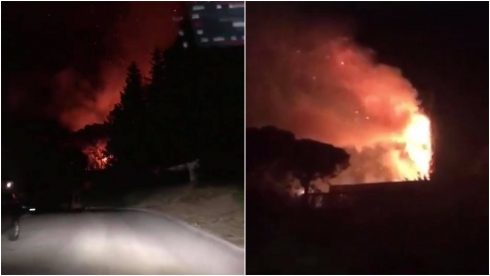
Police concluded it was an attempt to ‘sabotage’ the club, run by the son of big-name businesswoman Olivia Valere.
In the past, mafias and drug cartels have also burnt down businesses as a warning to those who owe them money.
In April 2018, David Avila Ramos was shot and killed at point blank range while sitting in his car with his family after his daughter’s communion in San Pedro – not long after his beach club in Estepona had been torched to the ground. He was later revealed to be a big time cocaine trafficker who had become indebted to the Colombians.
It was a horrific example of the ruthlessness of the drug trafficking game, and what can happen if you cross the wrong people.
One young Brit discovered that himself in May, less than a week after the Nao pool club arson attack.
On May 24, the 27-year-old showed up at the Costa del Sol hospital in Marbella with four gunshot wounds to the legs.
He had to undergo emergency surgery following what police believe was a so-called ‘settling of accounts’ by some mafiosos.
Two Brits and an Irishman, all in their 20s, have now been arrested for the shooting. Police claim they all belonged to the same drug trafficking gang.
It would be just more than a week later that another mafia-style hit shocked residents in Marbella.
On June 2, two men on a motorbike, wielding a submachine gun, drove by and shot to death a Bosnian man on Calle Arturo Rubinstein.
The 40-year-old received around eight bullets to his chest and arms after first being shot in the back before more bullets were piled into him as he laid on the floor. Policia Nacional found his body in a pool of blood on a zebra crossing.
The victim had only been released from Algeciras prison in Cadiz some eight months prior before being taken out in broad daylight at 2pm, just 100 metres from his home.
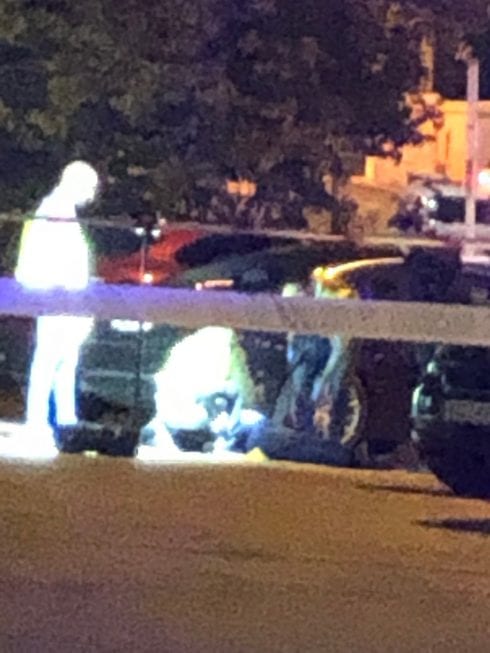
It’s one example in dozens that in recent years have become all too regular along the Costa del Sol, where Eastern European gangs try and fail to operate in the same space as the Colombians, Swedish, British, Irish and others, dealing in hashish, cocaine, women, tobacco, hired killers and money laundering.
In March 2019, Policia Nacional created a new task force to combat organised crime in Malaga, after a young man from Congo was found shot to death in an industrial estate in Guadalhorce.
And they certainly had their work cut out for them, with the last quarter of 2019 being one of the most violent in the Costa del Sol’s history.
In early December, a French expat in Marbella was shot to death in his car assassination-style in a highly organised attack.
The shooters, donning masks, fled down the AP-7 motorway and blasted through a toll barrier before torching their rental car and switching vehicles in Mijas. They were never caught.
He was the sixth victim that quarter.
Five others were also found shot to death, with one having been found dumped in a ditch between Marbella and Mijas. Among the victims were a Bulgarian, Briton, Moroccan and two Spaniards, while three of the deaths took place within just 19 days.
But despite the police’s best efforts and continuous raids, it seems the drug trafficking networks continue to operate without much interruption.
The problem for the authorities is that the Gibraltar Strait will always be the perfect entry point for drugs coming from South America, while its shoreline, including the Costa del Sol, will always be the easiest drop-off point for hashish coming from north Africa.
Additionally, it is simply impossible to make entry points like Algeciras port in Cadiz drug-free.
Cartels from the likes of Colombia spend up to 30% of their profits on bribing dock workers and Guardia Civil officers, who look the other way and warn of upcoming raids.
It means anti-drug police are having to battle not only the traffickers, but also corrupt cops and dock workers who are constantly undermining the ‘war on drugs.’
Several police were arrested for being on the payroll of drug traffickers last year. One was part of 60-strong operation moving tonnes of hashish to and along the Costa del Sol.
Meanwhile, with the demand for drugs, particularly cocaine, growing across Europe, the war against the cartels will likely never be over.



